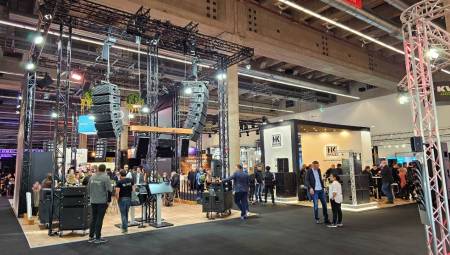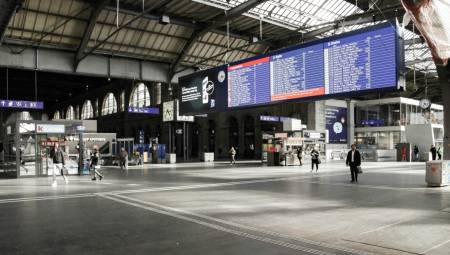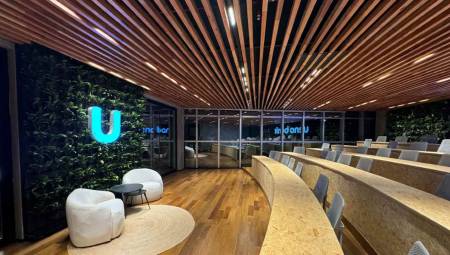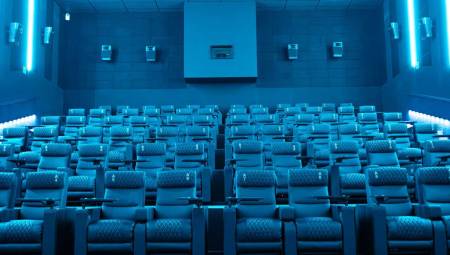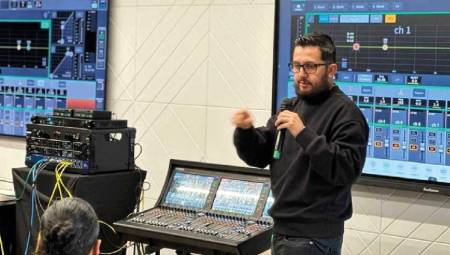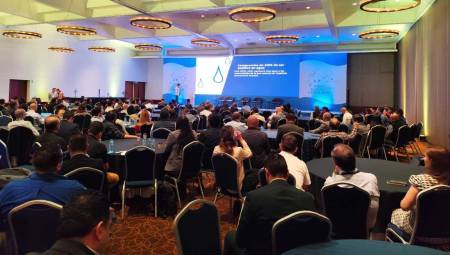 Mexico. The world moves faster than we think and imagine, although paradoxically our personal environment seems to be going in slow motion. Let's talk a little bit about the technological implications in a confined world.
Mexico. The world moves faster than we think and imagine, although paradoxically our personal environment seems to be going in slow motion. Let's talk a little bit about the technological implications in a confined world.
Although at this time (mid-June) it seems that half the planet is still in quarantine and the rest is opening its social, economic and cultural activities little by little, some with an iron order and some more with an absolute lack of control (such as Mexico and almost all the countries in Latin America), a situation that could lead to an outbreak of the contagion of the SAR2-CoV-2 virus.
What can we expect in the coming months? Well, there is a strong debate between security, health and privacy and in these three aspects, technology has a lot to contribute.
1. Technology is doing its part, especially in the area of detecting cases in crowded places. See. there are already many places that are betting on a sanitary customs that basically includes an electronic thermometer, or better yet, a thermal imaging camera for fever detection, a station to dispense antibacterial gel, a shoe cleaner mat and a mandatory call to the use of a mask in restaurants, corporate offices and public spaces that are gradually opening.
2. Should these sanitary arches be the norm in a post-pandemic society? Well, it would not hurt us to be individuals much more concerned about hygiene, but the future will only depend if people get used to it and use it conscientiously and not as a requirement or obligation. It is notorious that certain societies are more reluctant to this type of initiative and in the case of Latinos, we will have to work our conscience and social responsibility to assume that the world has changed forever.
3. We will also have to understand a touchless environment. This "contactless" concept will apply to our public human behavior and our relationship with technology. People will want (and should) touch fewer things exposed to bacteria and viruses: locks, jalapuertas, keys, faucets, soap and gel dispensers, lever to activate the toilet. Here we will see an exponential increase in products and solutions for our home and for our workplaces. It is natural to think that there will be industries that will benefit greatly from these advances.
4. How will we assume the extended social distance? Will we understand the importance of personal space? How to explain to children, to the elderly that we must stay two meters from the people? Nothing easy but not impossible either. Masks or mouth coverings permeate as a healthy custom that once seemed so strange to asian peoples.
5. Speaking of touchless, the increase in voice-based control systems is imperative. Obviously we have already seen the action of OK Google!, Alexa or Siri, but we will see a new generation of control platforms for commercial, industrial and corporate applications that allow the automation of systems and services at the command of the human voice. Let's think about the possibilities of control in the room a hotel: we could control the water from the taps, the temperature of the water in the shower, the operation of the toilet, turn on, off and select our favorite music or videos, ask for room service without picking up the phone, activate the alarm clock ... all without touching objects. When will we get to that? Uncertain to know, but it will be one of the directions of technology.
6. People are delighted with video calls. Either to make social and family life or to solve work issues. And we have to find our favorite application among dozens of them that are available for mass consumption: Google Meet, WhastApp, Facebook Messenger, House Party, Jitsi Meet, Skype Meet Now... This will not change and on the contrary, we will increase the use and consumption of these technological tools. And this also brings new needs: more speed and higher internet bandwidth in our homes, better Ethernet and WiFi network infrastructure and a genuine concern for digital and virtual security systems to prevent identity theft or hacking of our residential systems.
7. On the business side, platforms for meeting rooms and videoconferencing have grown exponentially: Zoom seems to lead the field, but there are many more with very interesting functions: GoTo Meeting, Microsoft Teams, Cisco Webex, 8×8, Bluejeans, JoinMe... these solutions will continue to advance in functionality, security and interoperability which will mean a real paradigm shift: how many managers, employees, executives or creatives of a corporation need a physical office? Is it possible that the use of these tools means the reduction of exorbitant rents in luxury buildings? It is remarkable that collaboration and unified communication leads to savings in transport and travel times, gasoline and therefore in the impact of the carbon footprint. The pandemic has taught millions that it is possible to work from home.
8. Is it fair or normal for governments to have all your personal, work and health information to monitor cases of contagion and thus demarcate and isolate territorially the individuals involved? It is an intense debate between defenders of human rights and individual freedoms, epidemiologists and health authorities of various nations. Just to mention an example, Singapore based its strategy on this control using satellite tracking of the phones of its inhabitants, so anyone who tested positive for COVID-19 had to comply with forced isolation and their neighbors were informed in real time of the health condition of the infected. Will we have to find the middle ground to these differences?
Is it then that biometric scanning will be a normal thing in the near future? We have to keep in mind that this has to do with the intersection between advanced technologies such as artificial intelligence, Big Data and data analysis (analytics). The crossing of this information delivers possibilities not previously imagined.
Text written by the company Multimedia de México.




